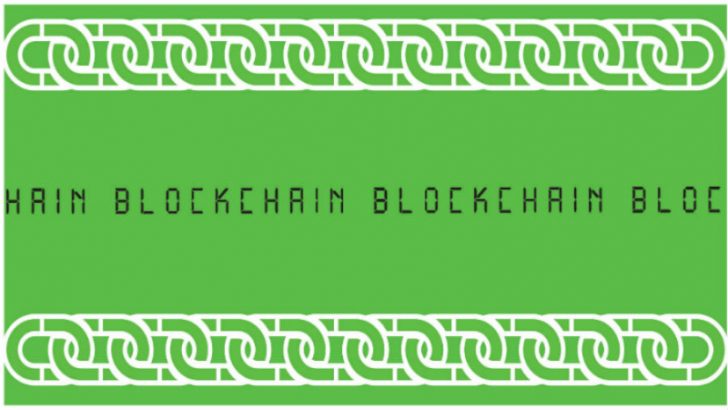The European Commission’s Joint Research Centre (JRC) and Directorate-General for Internal Market, Industry, Entrepreneurship & SMEs (DG GROW) have launched a project under unlovely and gimmicky title of: “#Blockchain4EU: Blockchain for Industrial Transformations” (Blockchain4eu). This will run until February 2018.
The project is intended to be forward-looking. According to the European Commission it will explore existing, emerging and potential applications based on blockchain and other Distributed Ledger Technologies (DLTs) for non-financial /industry sectors.
“Blockchain and other Distributed Ledger Technologies are developing very fast. They have the potential to reshape many business models and we notice a growing interest by companies in the technologies. Many applications are at an early stage, however, and we need already to identify areas where the impact may be most significant and discuss potential challenges with stakeholders. Therefore, we are launching this project together with the JRC’s EU Policy Lab to be better prepared to unlock the new opportunities provided by these technologies for industrial transformations and mitigate potential risks.” (Slawomir Tokarski, DG GROW’s Director of Innovation and Advanced Manufacturing)

What will Blockchain4eu cover?
Blockchain4eu aims to identify, discuss and communicate possible uses and impacts of blockchain and other DLT objects, networks and services within EU industrial or business contexts. This will cover a wide range:
- supply chains
- assets monitoring
- intellectual property rights
- authentication
- certification.
The output will explore “future sociotechnical scenarios of production, distribution and use, and assess risks and opportunities for development and uptake”. A key focus on will be SMEs and on innovation and competitiveness.
The JRC’s EU Policy Lab will combine its competences in foresight, behavioural insights and design for policy to explore and assess Blockchain and other DLT applications. The project will make use of a broad toolbox which includes:
- horizon scanning and behavioural insights
- collaborative creation and speculative design
- desk and field research
- stakeholder engagement
- co-creation workshops.
Participants will include an extended group of:
- technical experts and developers
- social and economic scientists
- entrepreneurs
- legal experts
- designers
- business and labour representatives
- policy makers (at local, national and EU levels).
What’s it mean?
The good aspect of this initiative is that it moves research beyond the fintech domains where blockchain interest has focused thus far. Any SME examination which looks at the “benefits in communication, efficiency, security, reliability and transparency, such as helping to reduce fraud and counterfeiting, lowering operational costs, enhancing safety and efficiency of transactions, or automating material and digital manufacturing operations” should be positive.
Yet the timescale is short, the canvas broader than an ocean and the verbiage astonishing. For Enterprise Times the possible excesses of “horizon scanning and behavioural insights, collaborative creation and speculative design” outweigh the sense in pursuing “desk and field research and stakeholder engagement”.
Cross your fingers. Who knows what you will get?



























